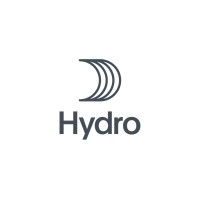
Grupo México
Somos una empresa líder en producción de cobre, transporte ferroviario e infraestructura. A lo largo de 80 años, hemos evolucionado y nos hemos diversificado para convertirnos en una empresa estable, sustentable, siempre a la vanguardia tecnológica. Desde 1966 cotizamos en la Bolsa Mexicana de Valores, con un 40% de capital flotante.






